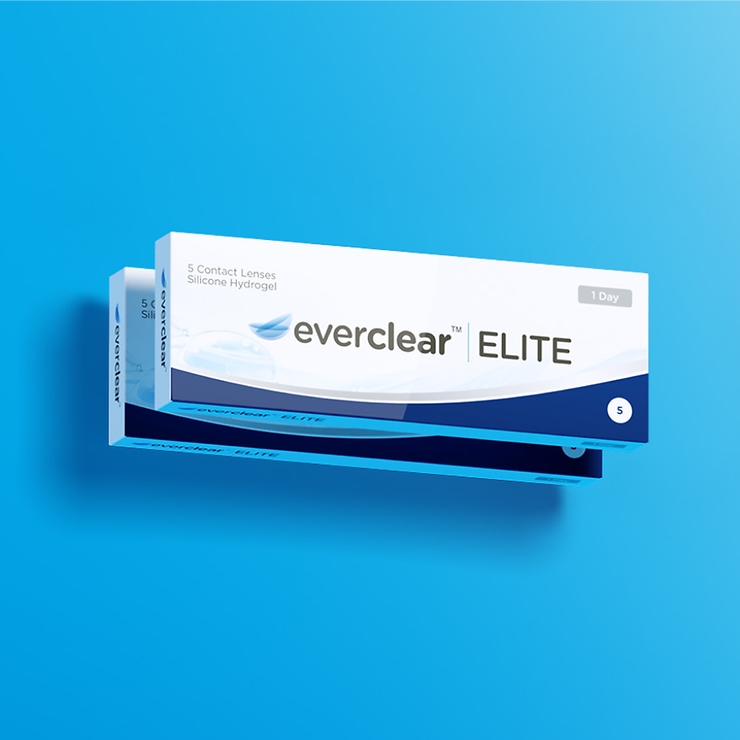Free delivery for orders £59 and up
Free delivery for orders £59 and up
The Vision Direct Team Blog
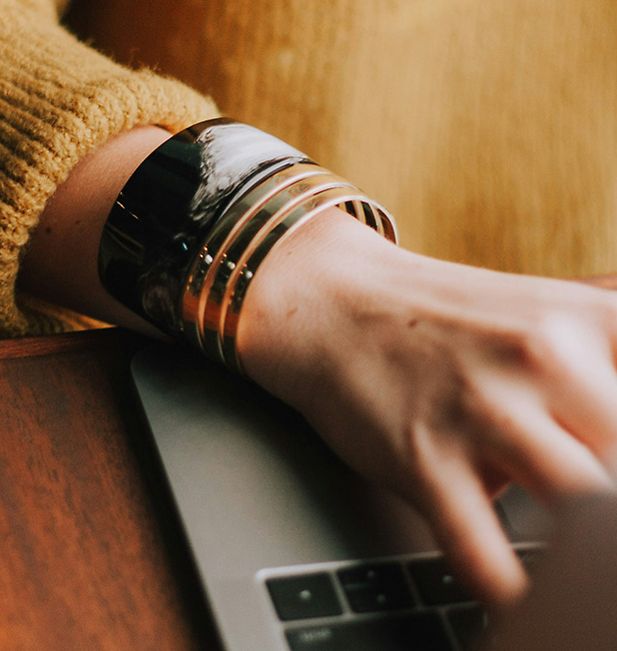
Friday, 06 February 2026
How to find the cheapest contact lenses online
If you, like us, want a little more bang for your buck, then be sure to check out our top tips for finding the best quality lenses at the cheapest prices.
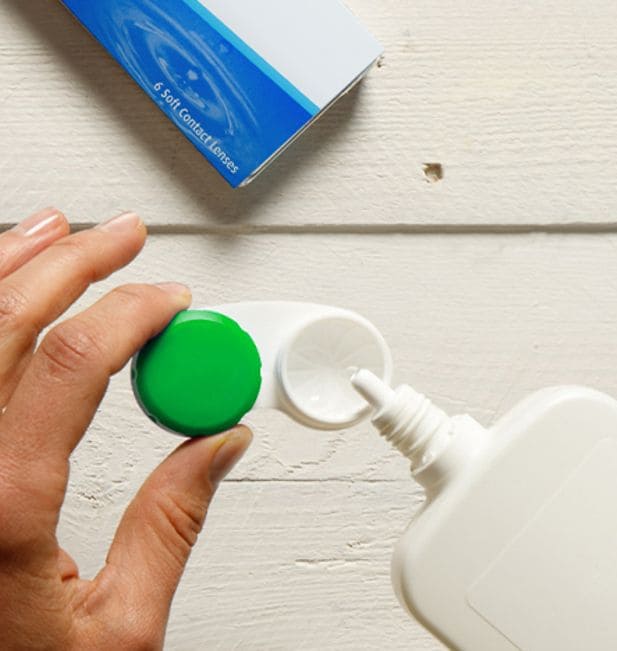
Thursday, 05 February 2026
5 common mistakes you're making with your contact lens solution
We share the top 5 ways in which 2 weekly and monthly contact lens wearers might be neglecting their eye care by misusing multipurpose solutions.

Thursday, 05 February 2026
8 summer foods for healthy eyes
From sizzling BBQs to fresh salads and sunny park picnics: we’ve put together a quick guide to 8 summer fruits and veggies to keep your eyes healthy, boost your immune system and improve your mood.
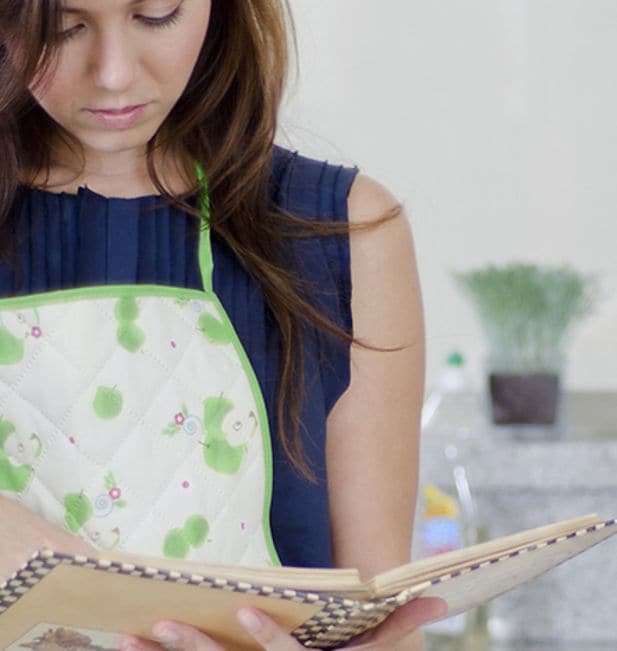
Thursday, 29 January 2026
Benefits of wearing contact lenses while cooking
Steamy glasses, tearful eyes, you name it: you may think these are a necessary evil for good cooking. But they aren't! Discover why wearing contact lenses will help you to bring out the best of your cooking abilities.

Thursday, 29 January 2026
Does drinking coffee damage your eyesight?
Is there a link between caffeine and eyesight? If there is, how many cups of coffee is a safe amount to drink per day? In our blog, we look into the relationship between coffee and healthy eyes.
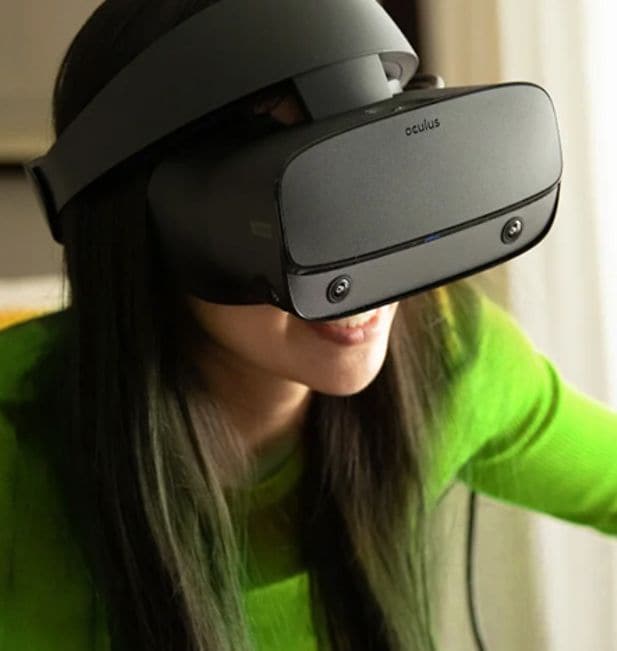
Thursday, 29 January 2026
Alternatives to using VR headsets with glasses
Whether you own a VR headset or you're looking to buy one, we've got all the answers for when it comes to enjoying comfortable and convenient vision.
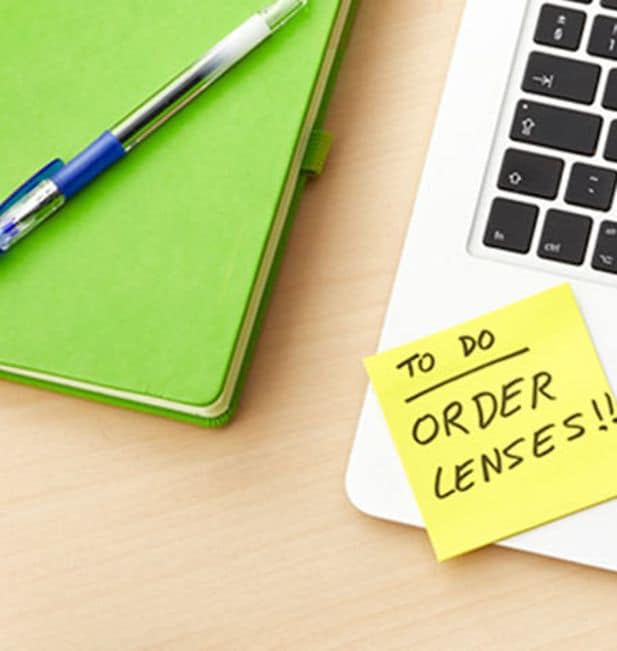
Thursday, 29 January 2026
4 reasons to buy a year’s supply in one go
Buying your contact lenses in bulk is the way to go, as you’ll save yourself money and prevent any panic by never running out. Plus, you can enjoy peace of mind with our 365-day guarantee and help decrease our carbon footprint.

Thursday, 22 January 2026
How long can you wear contact lenses?
Discover how long you can safely wear different types of contact lenses and avoid dryness, blurred vision or infections with these expert eye care tips.
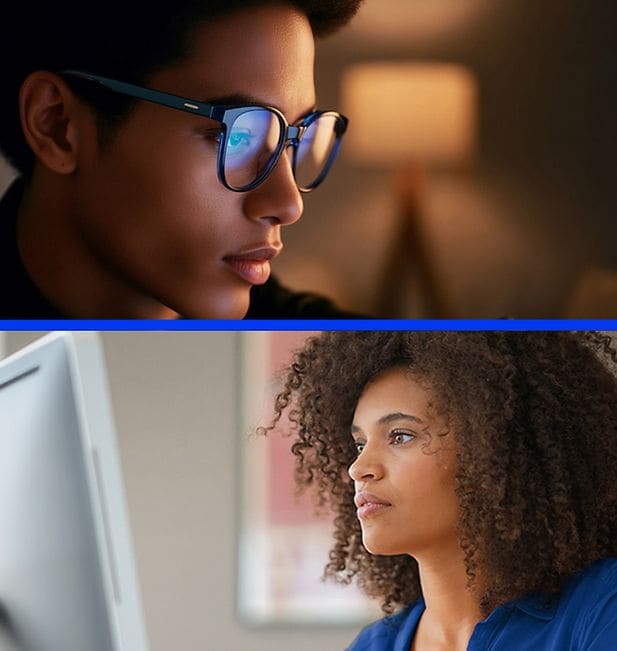
Monday, 19 January 2026
Blue light glasses vs blue light contact lenses
Glasses or lenses, which really win the blue light battle? If you are still juggling specs for screen time you might be missing a trick. Our guide reveals why blue light contact lenses are the smarter choice for everyday screen use.

Sunday, 18 January 2026
What are Ortho-K lenses?
Ortho-K lenses reshape your eyes overnight, giving you clear daytime vision without needing glasses or contact lenses. Learn how orthokeratology works and why it’s growing in popularity in the UK.

Thursday, 18 December 2025
Can contact lenses freeze? Let’s bust the winter myths
From freezing temps to dry eyes, winter can be tough on your lenses. Learn how to care for your eyes and contact lenses during extreme cold.
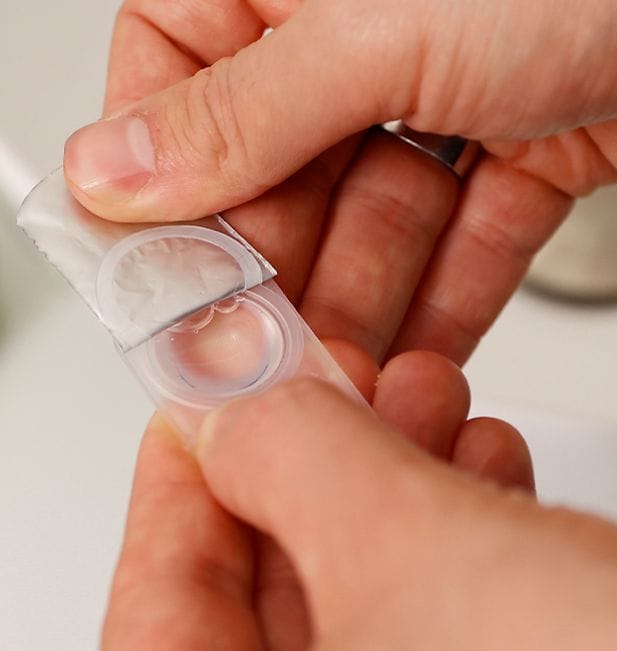
Tuesday, 16 December 2025
Hard contact lenses vs soft contact lenses: which one’s right for you?
Trying to decide between hard and soft contact lenses? We explain the key differences to help you choose the best fit for your eyes.
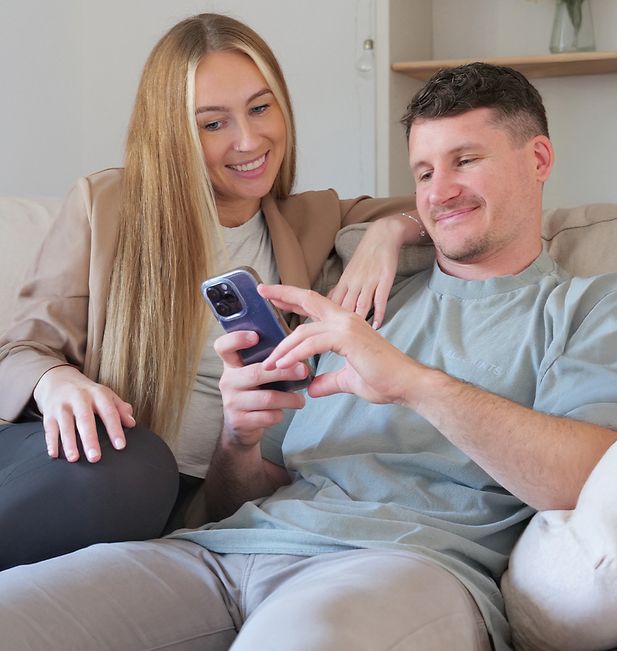
Sunday, 07 December 2025
What are hybrid contact lenses?
Learn what makes hybrid contact lenses unique, who they’re ideal for and how they can improve comfort and vision for wearers with complex eye conditions.
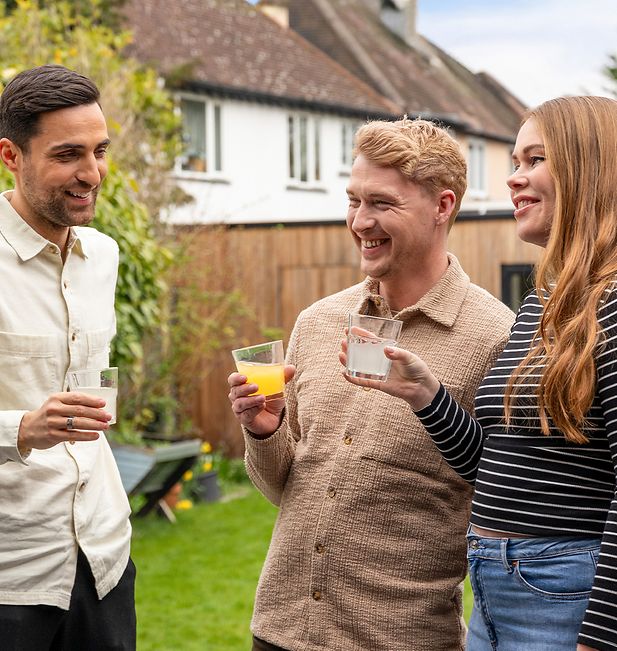
Thursday, 20 November 2025
The best toric contact lenses for astigmatism
Blurry vision? Not on our watch. We’ve rounded up the best toric lenses for astigmatism with clear, comfy and seriously hydrating picks.
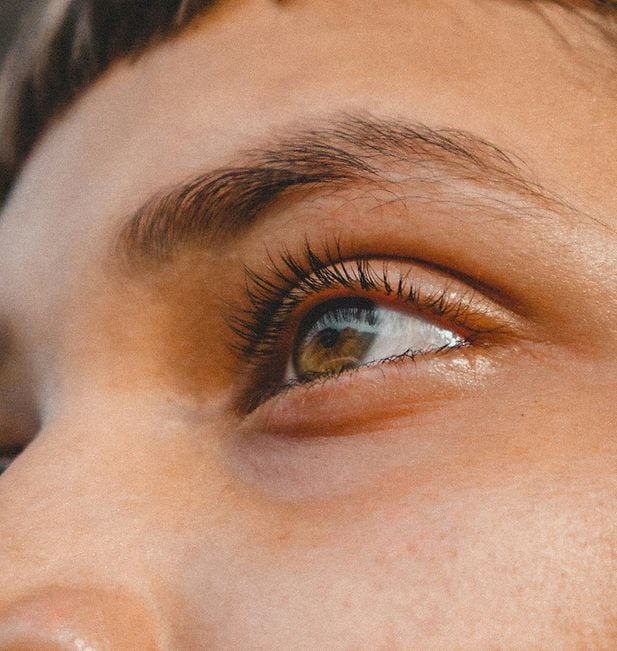
Thursday, 06 November 2025
Can you wear contact lenses after LASIK?
We answer the seven most important questions about contact lenses and laser eye surgery.
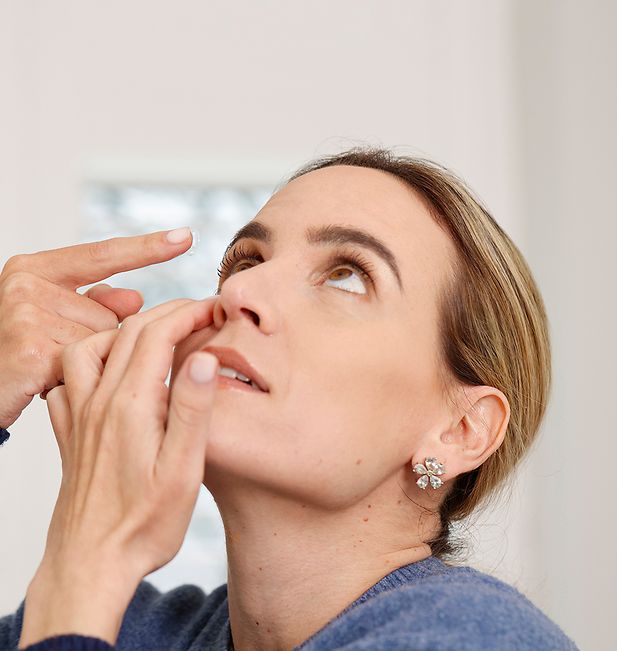
Thursday, 30 October 2025
How contact lenses work and why they improve your vision
Whether you're dealing with myopia, astigmatism or presbyopia, this guide breaks down how lenses correct vision, the types available and the latest comfort-boosting innovations.
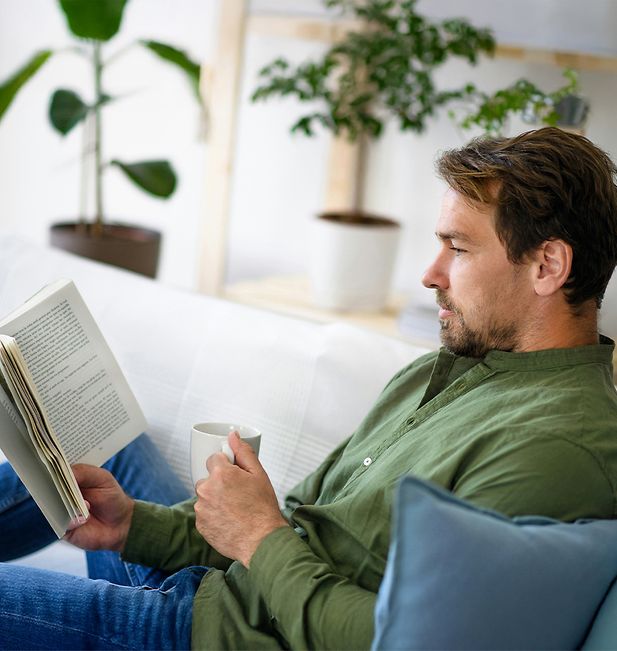
Thursday, 23 October 2025
Can you get contact lenses for reading?
Reading glasses? No, thanks! Even with presbyopia, the right contact lenses are available.
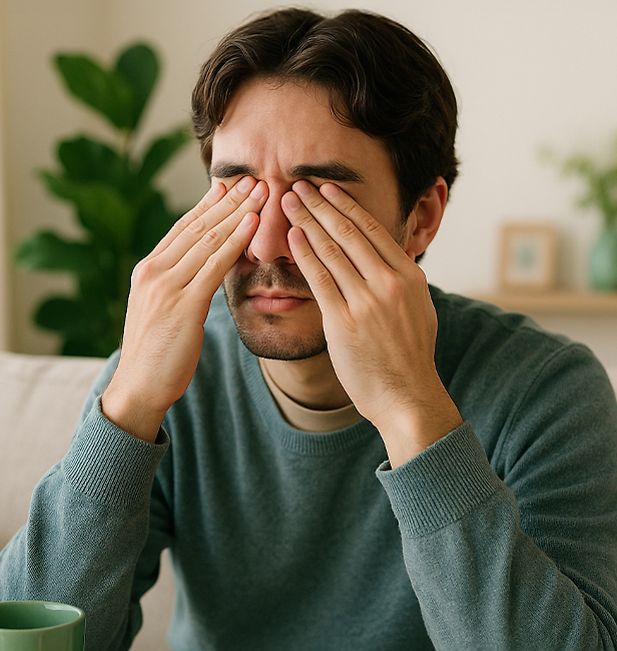
Wednesday, 22 October 2025
Can you rub your eyes with contacts in?
Ever rubbed your eyes while wearing contact lenses? It might feel soothing, but the risks range from infection to vision loss. Learn safer ways to ease dryness and protect your eye health.
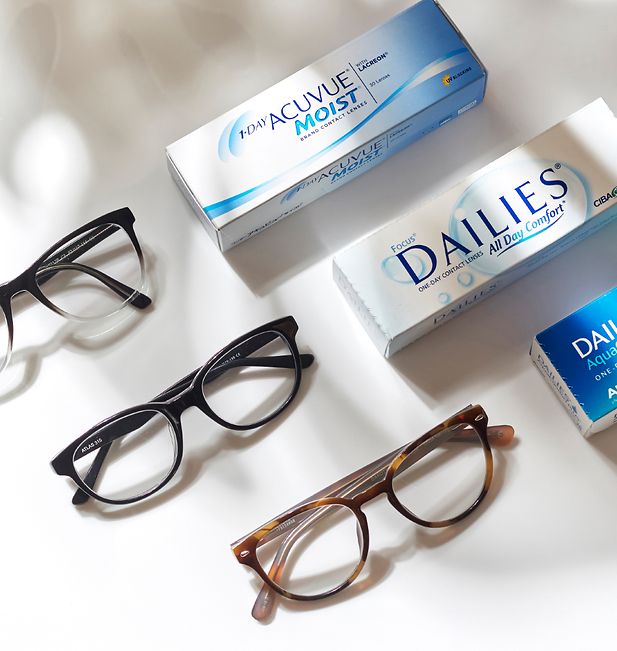
Friday, 17 October 2025
Are glasses and contact lens prescriptions the same?
Thinking of switching from glasses to contacts? Find out why the two prescriptions aren’t the same, what each one includes and how to get the right fit for clear, comfortable vision.
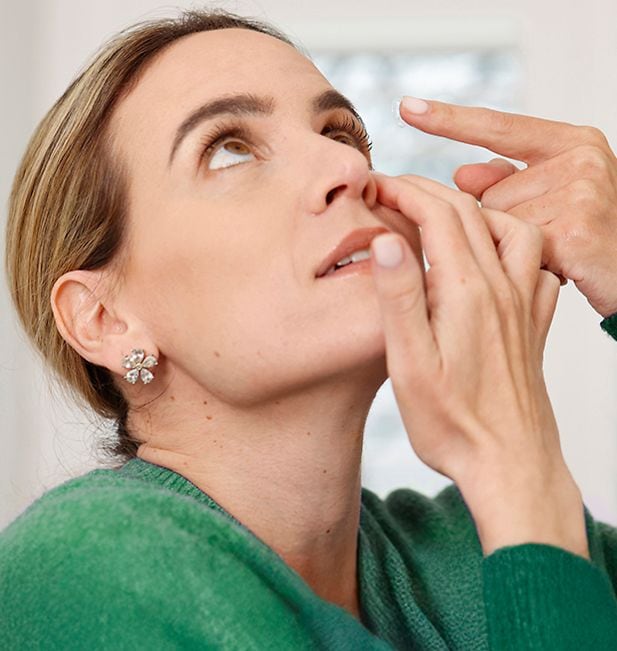
Thursday, 09 October 2025
Do contact lenses fall out? Causes, prevention tips, and what to do
Lost a lens mid-blink? Find out why contact lenses sometimes fall out, how to stop it happening again, and what to do when one goes rogue. From fit tips to product picks, we’ve got your eye care covered.
